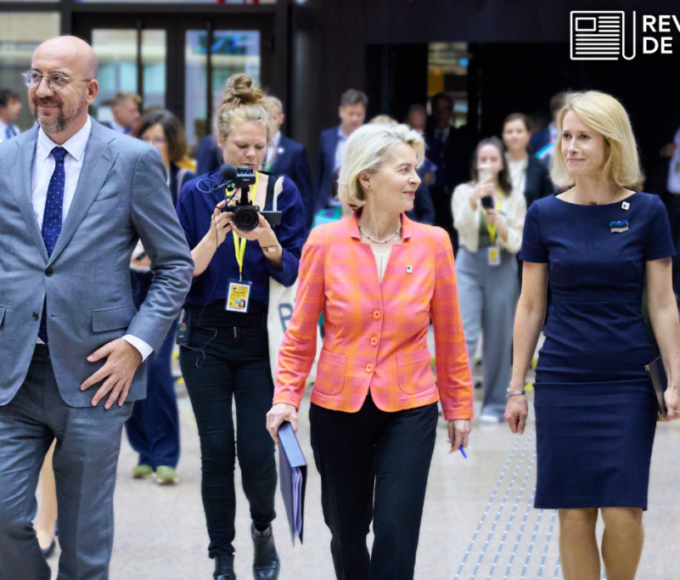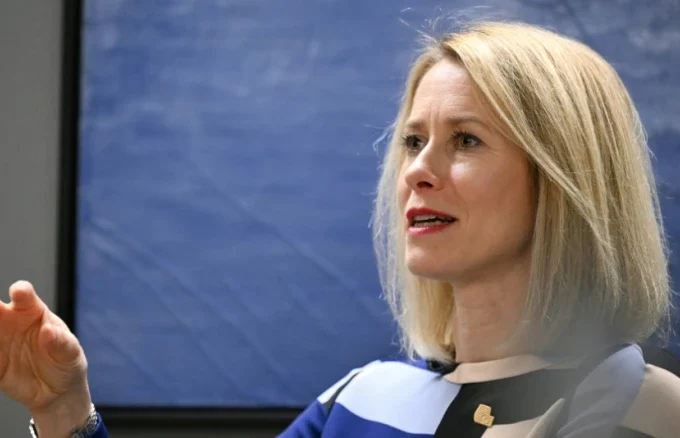With the “rescEU CBRN decontamination capacity” project, the EU is strengthening its capacities to combat (potentially) chemical, biological, radiological or nuclear (CBRN) threats. For Germany, one of the three project locations, the Federal Agency for Technical Relief (THW) takes over the management. Since May 2022, THW has been developing units that can decontaminate infrastructure, vehicles, equipment and people together with two project partners, the Federal Office for Civil Protection and Disaster Assistance (BBK) and the Federal Police (BPOL). Such operational support should be able to be called upon when the capacities available at national level and those made available by Member States for the European Civil Protection Pool (ECPP) are no longer sufficient.
“The aim of the ‘rescEU CBRN decontamination capacity’ civil protection project is to be able to provide four integrative and modular operational units with their own sub-units and extensive decontamination equipment,” explains THW President Gerd Friedsam. With technical equipment, containers, tents as well as 28 trucks and around 30 other vehicles, the up to 250 emergency services can support the national forces and the units from the ECPP flexibly and as required in major CBRN risk situations.
While the first unit specializes in the decontamination of infrastructure and buildings, unit two focuses on decontaminating vehicles such as cars and trucks. The third unit supports forensic teams in the secure handling and evaluation of critical evidence by vacuuming and decontaminating packages and small devices with critical contents. Unit four is responsible for the decontamination of outpatients and non-ambulatory persons. An additional support unit ensures that all units can act completely independently, including the supply, logistics and equipment of the deployed participants.
As project manager, the THW is entrusted with a large part of the tasks and is involved in the development of the capacity from start to finish. It has extensive experience in the EU Civil Protection Mechanism and has recruited several units in the ECPP. “THW is responsible for four of the seven previously defined work packages. This means that we are not only responsible for general project management and the creation of the concept, but also for the organization and administration of the staff and the implementation of exercises,” explains Friedsam.
CBRN Decontamination
The BBK has many years of specialist expertise in the development and procurement of equipment for CBRN decontamination. This includes, among other things, the Decon P equipment trolley and the ability to decontaminate injured persons for the federal medical task force. In the project, the BBK takes over the coordination of the conception and the procurement of the equipment. “Since it was founded, the BBK has supplemented the civil protection of the federal states with equipment for dealing with CBRN dangerous situations. I am therefore pleased that the BBK can now also bring this experience at the national level to the international level,” emphasizes BBK President Ralph Tiesler.
The Federal Police, with their operational experience and in particular the decon expertise from the most diverse police operations, also contributes the same to the civilian rescEU CBRN decon project. The focus of the BPOL is on logistics and maintenance as well as on the training of all emergency services. It already has operational units and the corresponding operational and specialist knowledge for the decontamination of people.
There is also an implementation team made up of staff from the three consortium partners who work closely together on implementation. A steering group with representatives of the Federal Ministry of the Interior and Homeland (BMI) as well as the three authorities involved and the European Commission also accompanies the implementation of the project activities, carries out quality control and ensures the follow-up. Specialists from the three authorities as well as other national and international partner organizations will be involved in the project in order to promote the exchange of knowledge, give the project a broader focus and ensure optimal capacity building.
The project partners have a total budget of 37.5 million euros for the realization, which they receive 100 percent financed by the EU. Germany is just one of three projects funded by the EU in this area. The other two “rescEU projects” are based in Spain and Croatia. By the end of the project in 2026, the EU should be equipped with highly specialized specialists to combat CBRN threats and be better prepared for them.
This article is originally published on presseportal.de








